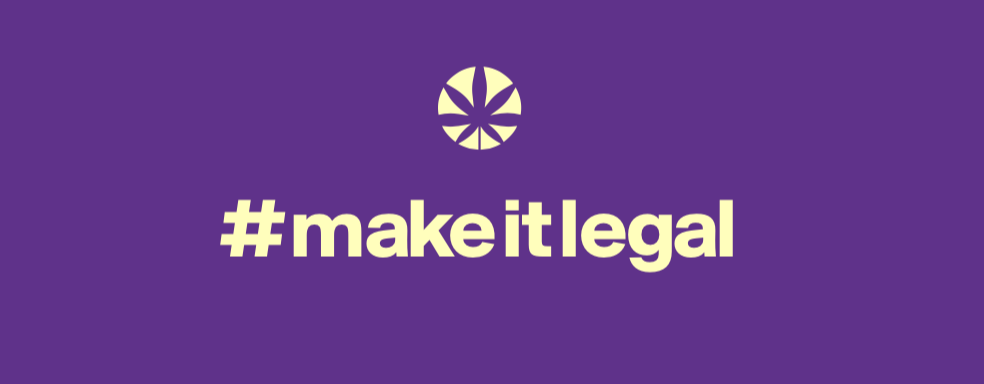Originally published on The Daily Blog – By Chris Fowlie
Controversy over edibles shows a smart approach is needed for the cannabis referendum and for medicinal cannabis
Responding to controversy over edible forms of cannabis, NORML spokesperson calls for a well-funded public education campaign ahead of the cannabis referendum, and a model based on social equity, social retail enterprises and social clubs.
“It’s important the public can base their vote on clear factual information, not hysteria about evil gummy bears spread by the likes of Family First,” said Chris Fowlie, spokesperson for NORML New Zealand (the National Organisation for the Reform of Marijuana Laws).
“The government needs to start spending some of the $13.4 million set aside for the referendum in the Budget on a public education campaign.”
“It doesn’t need to take sides, but it does need to promote factual discourse with the likes of the Prime Minister’s Chief Science Officer.”
In a recent blog post, Chris Fowlie said that a model based on social equity, social enterprises and social clubs “could be what it takes to win the cannabis referendum.”
“We need a rational nationwide discussion over what what policy would best resolve the most concerns, be the most broadly supported, and would have the best chance of passing.”
“Banning gummy bears seems like a no-brainer. Let’s move on.”
Public consultation on the Government’s medicinal cannabis scheme is also expected to begin soon.
NORML has advocated a 4-point approach to make medicinal cannabis more affordable and accessible for New Zealand patients:
- Botanical cannabis not just pharma products
- Immediate effect, not just a long-term development pathway
- Domestic production including small scale providers (families & individuals)
- Self provision – choice to grow/make your own herbal remedies
Chris Fowlie, who is also CEO of medicinal cannabis startup Zeacann, says “to make a real difference” we need not just local production but also “near pharma” manufacturing standards, changes to the prescription rules so doctors don’t need to beg politicians for approval, and guidance for medical professionals so they can prescribe and dispense more confidently.
UPDATE: consultation on the medical cannabis scheme is OPEN NOW UNTIL 7 AUGUST: https://www.health.govt.nz/publication/medicinal-cannabis-scheme-consultation
The Misuse of Drugs (Medicinal Cannabis) Amendment Act was passed into law last December. It:
• creates a statutory defence for palliative care patients to obtain, possess and use illicit cannabis and cannabis utensils;
• allows any GP to prescribe CBD Products;
• allows new standards to be set for domestic cultivation and manufacture of medicinal cannabis products;
• directs regulations be “recommended” within 12 months (ie, by this December), and a review of the scheme in two years.
The consultation document proposes several options and asks for feedback. Newshub is claiming an exclusive, with some details of the scheme.
How to assess what they’re proposing?
Existing products are too expensive, difficult to prescribe, and changes are taking too long for patients who are suffering.
So, we need to support ways to make products more affordable, easier to prescribe and dispense, and make it happen as soon as possible. We should assess what is proposed against these outcomes.
Here are some ways to lower costs and increase affordability for patients:
- Allow “near-pharma” products, also known as GPP, in addition to the existing pharmaceutical-grade (GMP) medicines;
- Don’t require clinical trials to prove efficacy, on the basis cannabis is a traditional remedy with established use. However, trials could still be required if claims are made.
- Promote local production and exports to produce at large scale.
- Encourage innovative artisanal and craft producers not just large corporates
The existing process requires highly trained doctors to ask politicians for approval; prevents communications with doctors about products that haven’t gone through clinical trials and the full approval process; and puts several barriers in the way of manufacturing and distributing medicinal cannabis products in New Zealand.
There must be changes to the prescription process.
Should any GP be allowed to prescribe any cannabis product, or should a specialist be required for some product forms, dosages or conditions?
Similarly, could a nurse or other trained medical professional dispense certain product forms or dosages or for certain conditions?
There should also be an exemption for all medicinal cannabis products authorised under the scheme so they can be discussed with prescribers.
Doctors are desperate for product information and clinical guidance, and current rules greatly inhibit this.
One in twenty New Zealanders currently uses cannabis for medicinal reasons. Only a few hundred have managed to obtain legal prescriptions. Many others are running out of time or are left in constant pain and suffering.
We successfully lobbied for the medicinal cannabis scheme to be implemented within 12 months of the law passing.
This will apparently be a world record for implementing such a scheme, but for many New Zealanders every day without relief is another day in pain and suffering.
The medicinal cannabis scheme can’t come quickly enough.


